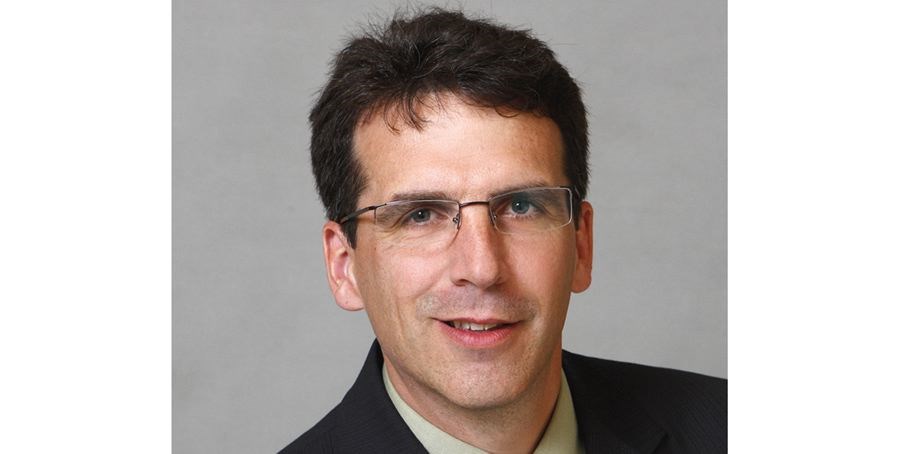When I was just a small boy, maybe four years old, the church next to our house had a large empty field beside it with a sign near the street frontage which read: "Free Fill."
After I got over the confusion of who Fill was, and why he needed freeing, it still seemed like forever before the back of the lot started to receive the occasional dump truck load of dirt from some nearby construction projects.
I can't overstate the complete fascination me and my young cohorts had with all things mechanical and majestic.
We all had toy Tonka trucks which elicited abundant sprays of slobber as we mouthed the sounds of their heavy engines, and powerful capacities. Be it a garbage truck, an excavator or a dump truck, all the big life-sized machines mesmerized us to no end. (I don't know about my pals, but for me, the charm has not worn off one single bit.)
Quietly, one morning my mother took me aside and sat me down. Her voice was reverential, nearly a whisper. She said that a little boy, about a year younger than me, had been tailing one of the dump trucks with the same sort of trance-like infatuation that I had been smitten by just the day before.
The little guy wanted to get a closer look at the beautiful iron giant at work. The movement of soil out the back never ceased to amaze us. It flowed in beautiful patterns. It smelled rich, earthy.
The boy stood there for a very, very close look, too close, and the dump truck unloaded its cartage directly on top of him.
The driver had been keeping an eye on the little guy, and immediately suspected something was off when the little tyke disappeared from sight. Tragically, he couldn't retrieve the guy in time, and the boy suffocated under the load.
Sadly, he was not the only neighbourhood boy who lost his life around that time.
All of this makes talk of tax write-offs and the minutia of CRA regulations seem more than a bit trivial. Nevertheless, we will carry through with still a couple more submissions on this important topic.
Death & Taxes: Part 5
Net capital losses
Typically capital losses can only offset capital gains; however, there is an exception for deceased taxpayers. If the deceased had unused capital losses at death, there may be an opportunity to deduct them from any type of income in the year of death or preceding year.
If a net capital loss occurs in the year of death, there are two methods for claiming the loss.
Method No. 1 - Carry back the net capital loss from the year of death to reduce any taxable capital gains in any of the three tax years before the year of death.
The loss you carry back cannot be more than the taxable capital gains in those years, but after you carry back the loss, there may be an amount remaining. You may be able to use some or all of the unutilized net capital loss to reduce any other income on the deceased's final return, the return for the year before the year of death, or both returns.
Method No. 2 - You can choose not to carry back the net capital loss to reduce taxable capital gains from earlier years but, instead, reduce any other income on the final return, the return for the year before the year of death, or both returns. However, before you do this, you have to calculate the amount you can claim, by subtracting any capital gains deductions the deceased has claimed to date from the net capital loss.
Any loss remaining can be used to reduce any other income for the year of death, the year before the year of death, or both years.
Net capital losses incurred in the first year of the estate
As the legal representative, you are responsible for administering the deceased's estate.
If you dispose of capital property in the administration of the estate, the result may be a net capital loss, post mortem. Usually, you would claim these losses on the estate/trust's T3 trust income tax and information return.
However, if the allowable capital losses exceed the taxable capital gains realized by the deceased's estate in its first tax year, you can choose to claim all or part of these losses on the deceased's final return.
Any net capital loss realized after the date of death but in the first year of the estate can only be applied to the year of death (and not to the year before the year of death) or carried forward if the estate continues.
Conclusion
Filing tax returns for a deceased person and determining whether any post-mortem tax planning will save taxes can be complicated. It is advisable to seek assistance from a qualified tax and/or legal advisor in this situation.
The information in this article is not intended to provide individualized legal or tax advice.
Mark Ryan is an advisor in Prince George with RBC Wealth Management, Dominion Securities (member CIPF) and can be reached at [email protected].



